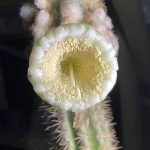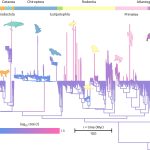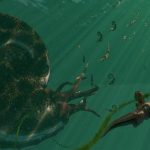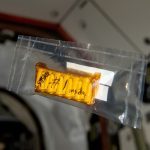Scientists find first local extinction in the U.S. due to sea level rise
The United States has experienced its first known local extinction due to sea level rise, with the loss of the Key Largo tree cactus.
This...
Scientists discover the most complete dinosaur in the UK in a century
A groundbreaking discovery has been made in the UK: the most complete dinosaur skeleton found in the country in the past 100 years.
This exciting...
Dogs vs. Pigs: Only dogs form true bonds with humans, study finds
Researchers at the ELTE Department of Ethology in Budapest have discovered that while pigs are social animals, they do not form the same attachment...
Scientists solve brain size mystery: humans break evolutionary trends
A groundbreaking study published in Nature Ecology & Evolution has revealed that the largest animals do not have proportionally bigger brains, with humans being...
Starlings’ migration: It’s all in their genes
Researchers have discovered that young starlings know how to find their wintering grounds without following older, more experienced birds.
Even though starlings are social creatures,...
New plant discoveries could lead to climate-proof chocolate
Scientists have discovered three new plant species that are closely related to the tree from which chocolate is made.
This exciting find could lead to...
Scientists discover meteor strike sealed the fate of ammonites
Ammonites, those marine creatures with coiled shells that thrived for over 350 million years, met their end alongside the dinosaurs 66 million years ago.
Contrary...
How to stop cats from scratching your furniture
Many cat owners know the frustration of finding torn cushions, carpets, and couches due to their cats' scratching.
While scratching is a natural behavior for...
MIT engineers develop method to shield microbes from harsh conditions
Microbes play a crucial role in various applications, including health, agriculture, and even space missions.
However, these tiny organisms often face extreme conditions that can...
Humpback whales thrived during pandemic pause, study finds
Researchers from the University of Queensland have discovered that migrating humpback whales off Australia's east coast experienced less stress during the first year of...










